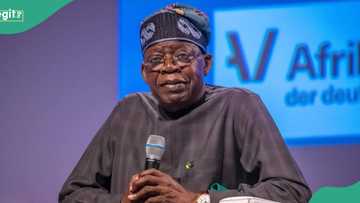History of political parties in Nigeria since 1960
The political parties in Nigeria have changed a number of times during the last fifty years. There were different sets of said parties, and all of them have made a huge impact on the history of the country itself. They are a big part of the political history of Nigeria, and it is necessary to talk about them.
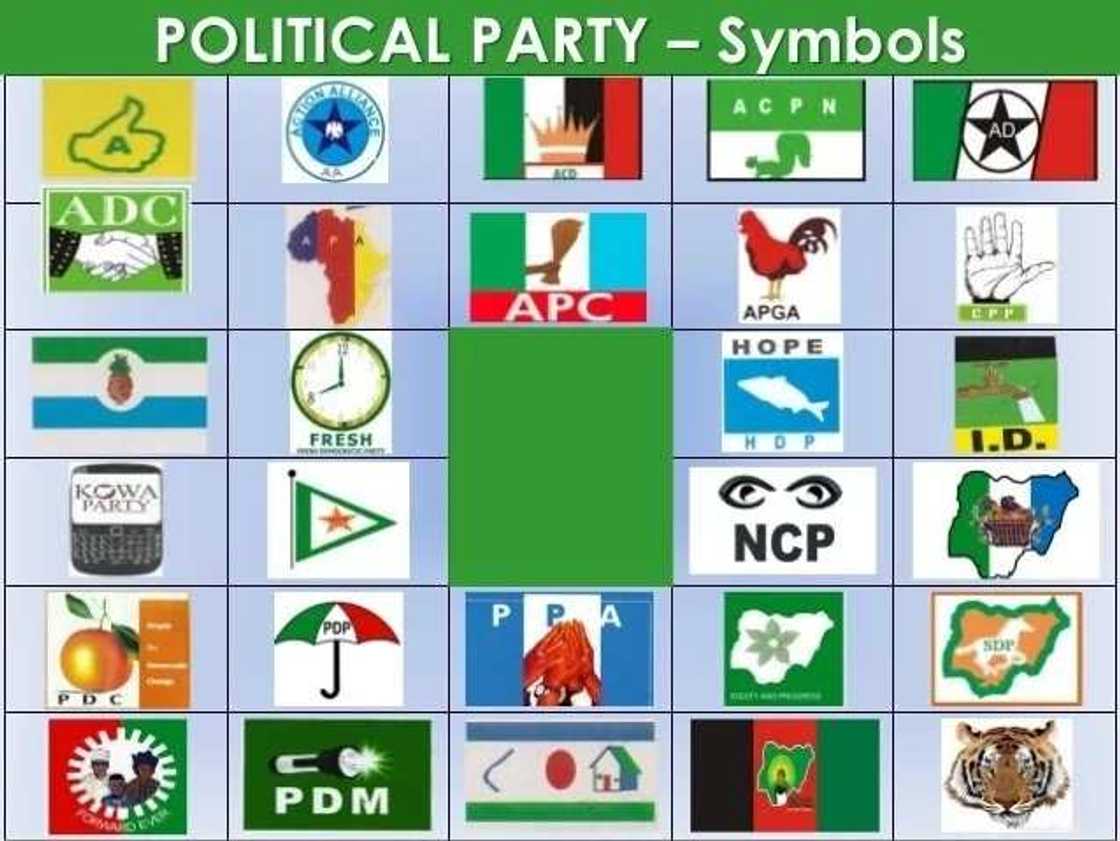
The political parties in Nigeria since 1960
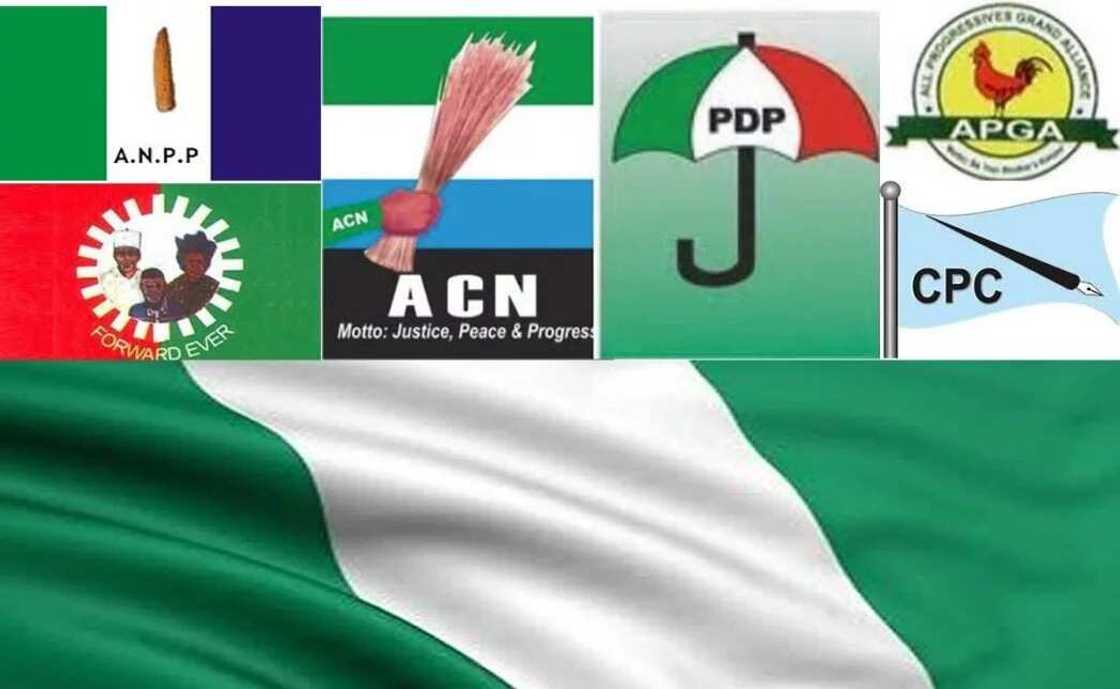
As we all know, Nigeria became an independent federation in 1960. Before that time, in 1959, three sets of political parties were formed - the National Council of Nigeria and Cameroons (NCNC) and the Northern People’s Congress (NPC). In addition to these, the Action Group was created too.
The newly formed political parties were led by Nnamdi Azikiwe, Ahmadu Bello and Obafemi Awolowo respectively. The time of election came by, and no political party was able to win the majority. The NPC and the NCNC decided to form the national government which led to choosing Abubakar Tafawa Balewa as the Prime Minister and Nnamdi Azikiwe as the Governor-General.
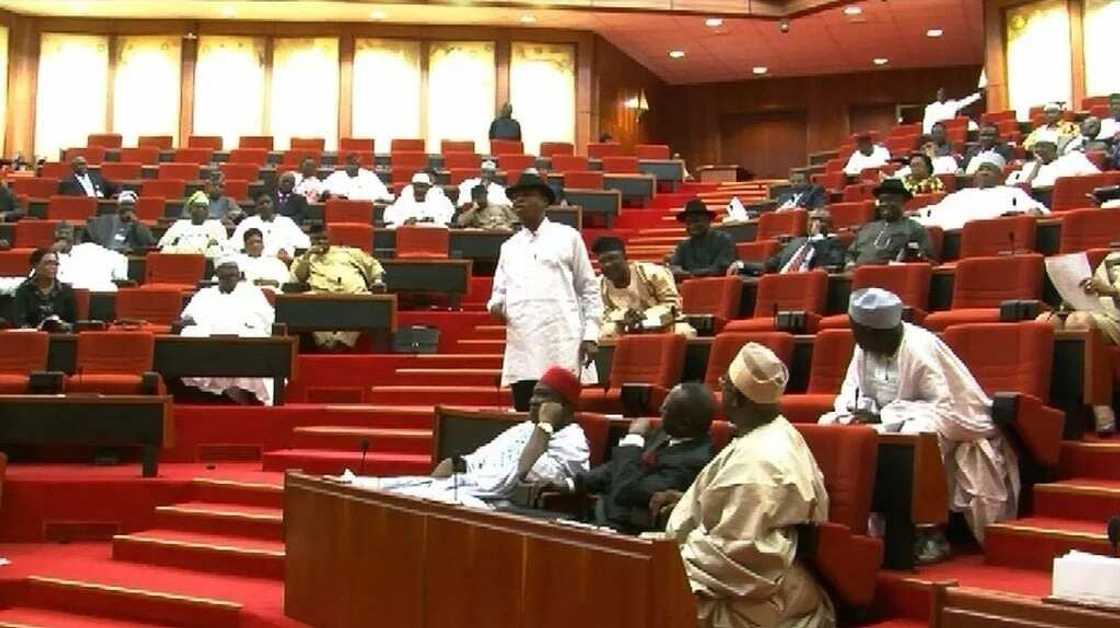
Three years later, Nigeria became a republic, and Nnamdi Azikiwe became the president of Nigeria with Abubakar Tafawa Balewa as Prime Minister. Also, in the same year, the Census was conducted. It led to the split between National Council of Nigeria and Cameroons and the Northern People’s Congress.
The splitting resulted in a lot of different consequences. The NCNC decided to join a faction of the AG and formed a new political party - the United Progressive Grand Alliance (UPGA). It was led by Obafemi Awolowo. The other part of the split group, the NPC, joined the remaining faction of the AG and thus created a new party called the Nigerian National Democratic Party (NNDP).
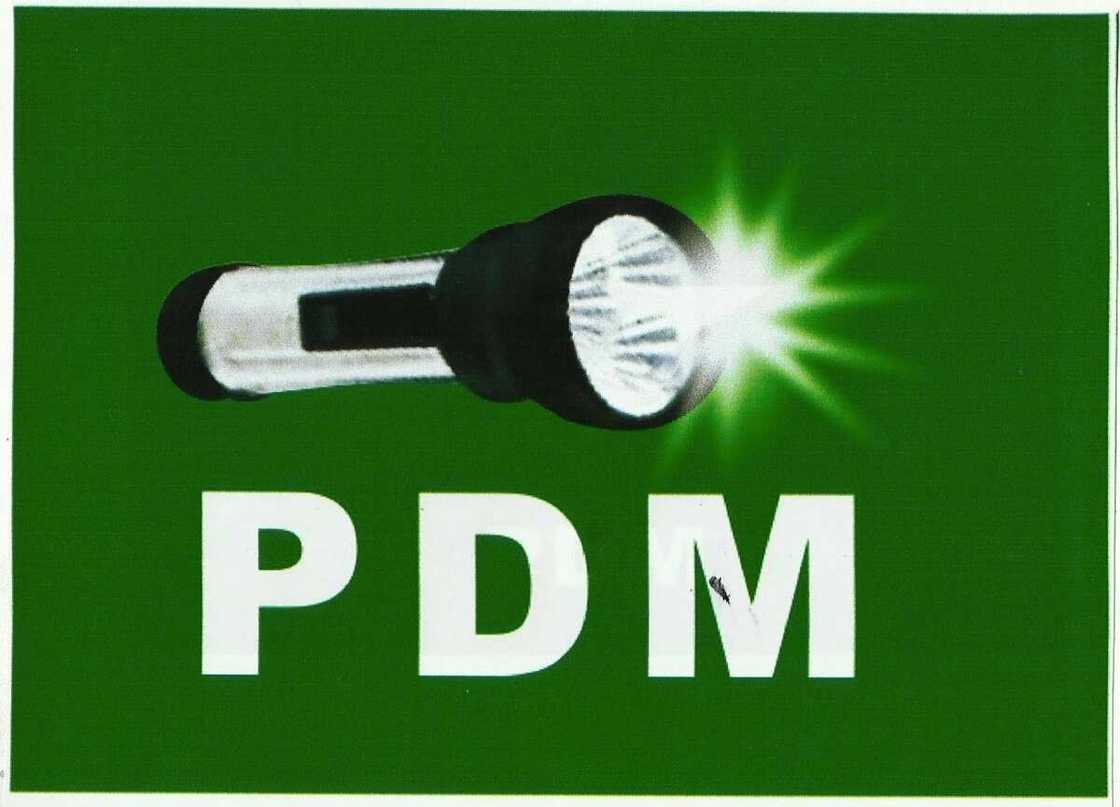
READ ALSO: Problems of Nigerian federalism and solutions
After the Nigerian Civil War (1967-1970) a lot of things changed. The election of a new president - Murtala Mohammed and then his sudden murder had an impact. Muhammadu Buhari was then elected on December 31, 1983. A new election two years later saw Ibrahim Babangida taking the president's chair. Then, there was a new election in 1993 that was held between the National Republican Party (NPR) and the Social Democratic Party (SDP). This resulted in the victory of Moshood Abiola from the SDP.
After 1993, Nigeria returned to the civilian rule, and in 1999 a new president was elected - General Olusegun Obasanjo, from the People’s Democratic Party. He defeated two existing parties - the Congress for Progressive Change (CPC) and the Action Congress (AC). Even though the CPC had the most of the voices from the Northern part of Nigeria and the AC the states in the Southwest part, the PDP still won the majority of all votes.
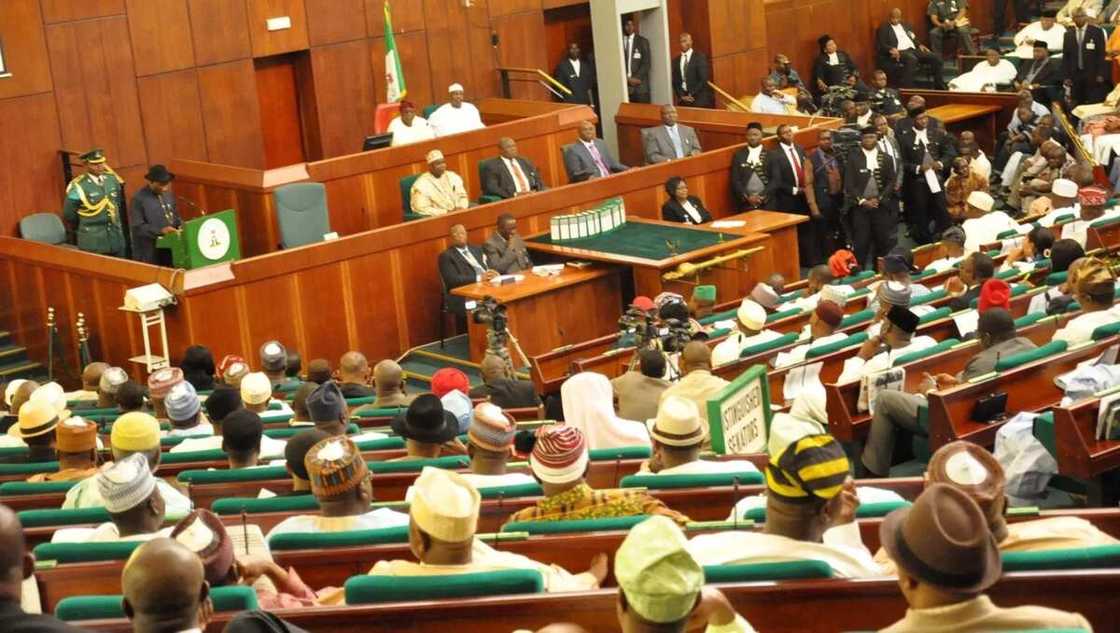
In fact, there was another political party during the elections - the All Progressive Grand Alliance (APGA), but it only had votes from a handful of states in the southeastern part of the country. However, General Obasanjo was soon defeated by Umaru Musa Yar’Adua.
The presidency changed hands once again, and it became time for the VP of Umaru Musa Yar’Adua - Goodluck Jonathan to take the seat. He even won the elections for the second time, in 2011. However, his popularity did not last long. He lost the support of Nigerians(except for the southern and southeastern part of the country).
The PDP was almost broken up because many of the political bigwigs decided that it’s better to leave the party. A lot of them went to other parties, some of the members created a new political party. It was called the nPDP.
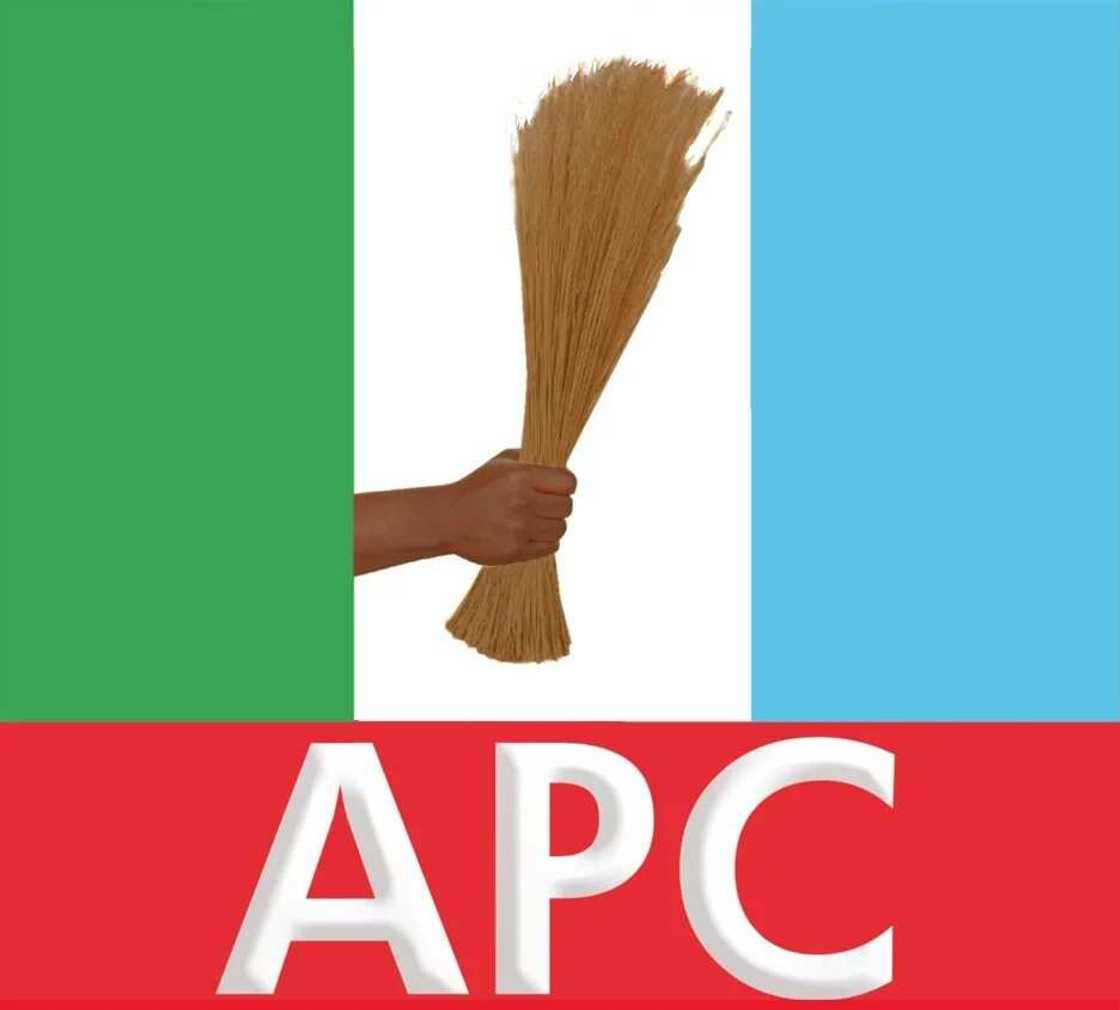
A few years later, the Congress for Progressive Change (CPC), faction of the APGA and the Action Congress (AC) formed an alliance which was called All Progressive Congress (APC). The party presented Muhammadu Buhari as a presidential candidate. A lot of the leaders of the PDP (for example Olusegun Obasanjo) then left PDP to join the APC.
In 2015, Muhammadu Buhari of the APC defeated Goodluck Jonathan of the PDP. And he is still the current president with Yemi Osinbajo as the Vice President.
A lot of other political parties participated in the election:
- Hope Democratic Party;
- African Democratic Congress;
- Alliance for Democracy;
- KOWA Party;
- National Conscience Party;
- Allied Congress Party of Nigeria;
- United Democratic Party;
- African Peoples Alliance;
- Accord Alliance;
- Citizens Popular Party;
- People's Party of Nigeria;
- Labour Party;
- United Progressive Party.
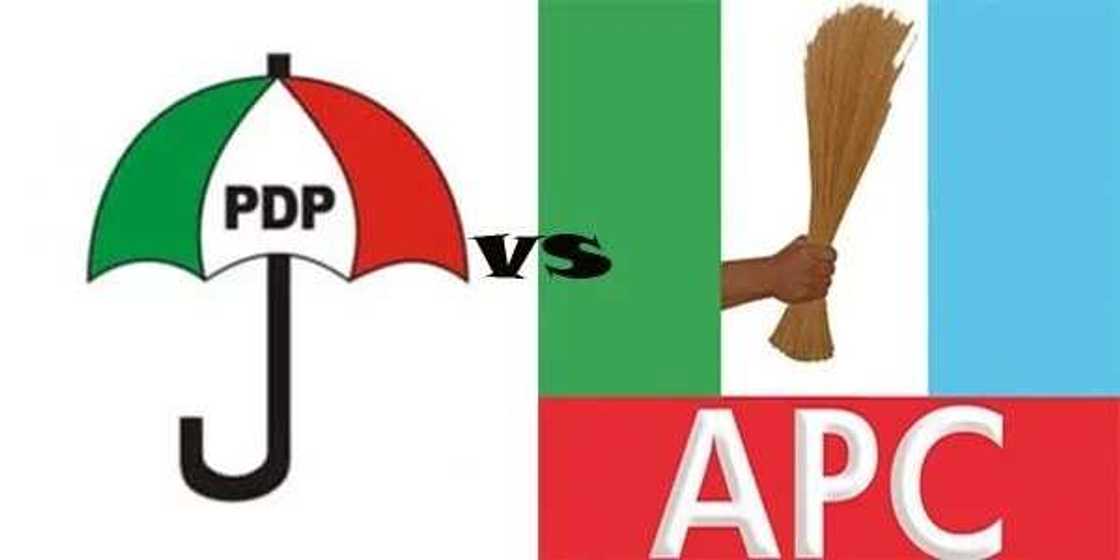
Among the listed parties, only the All Progressive Grand Alliance had the chance to win the election. The presently ruling party is APC, and the PDP is remains the opposition party.
READ ALSO: Former LP gubernatorial candidate shuns PDP, joins APC
Source: Legit.ng


